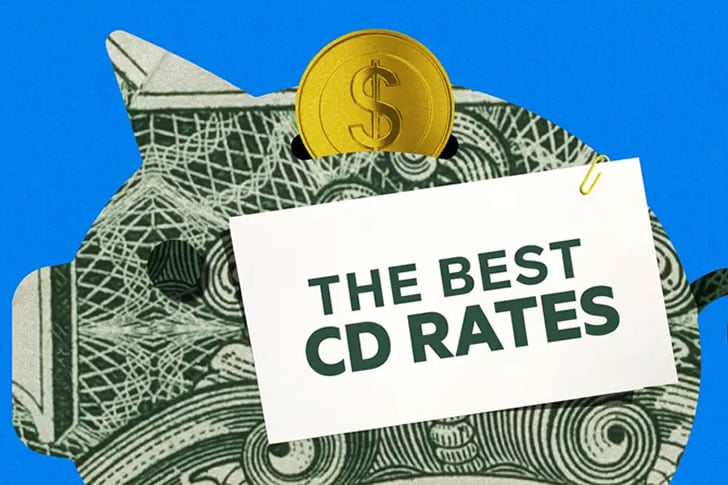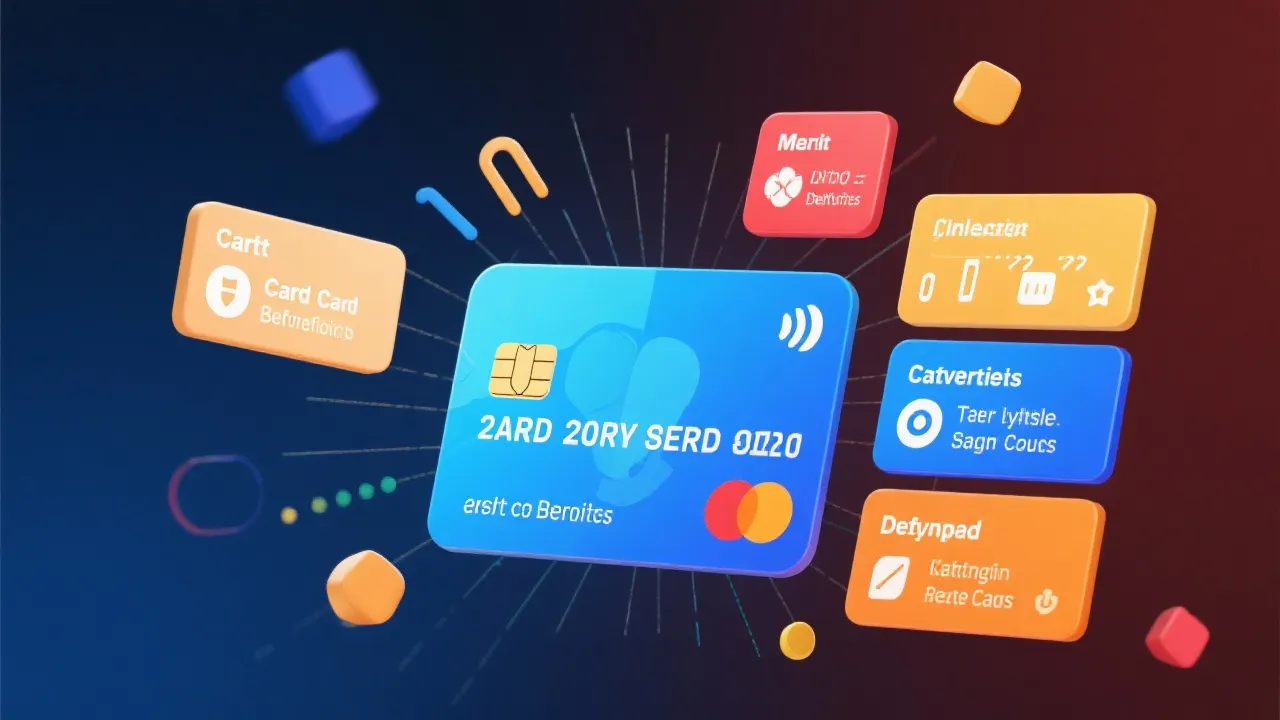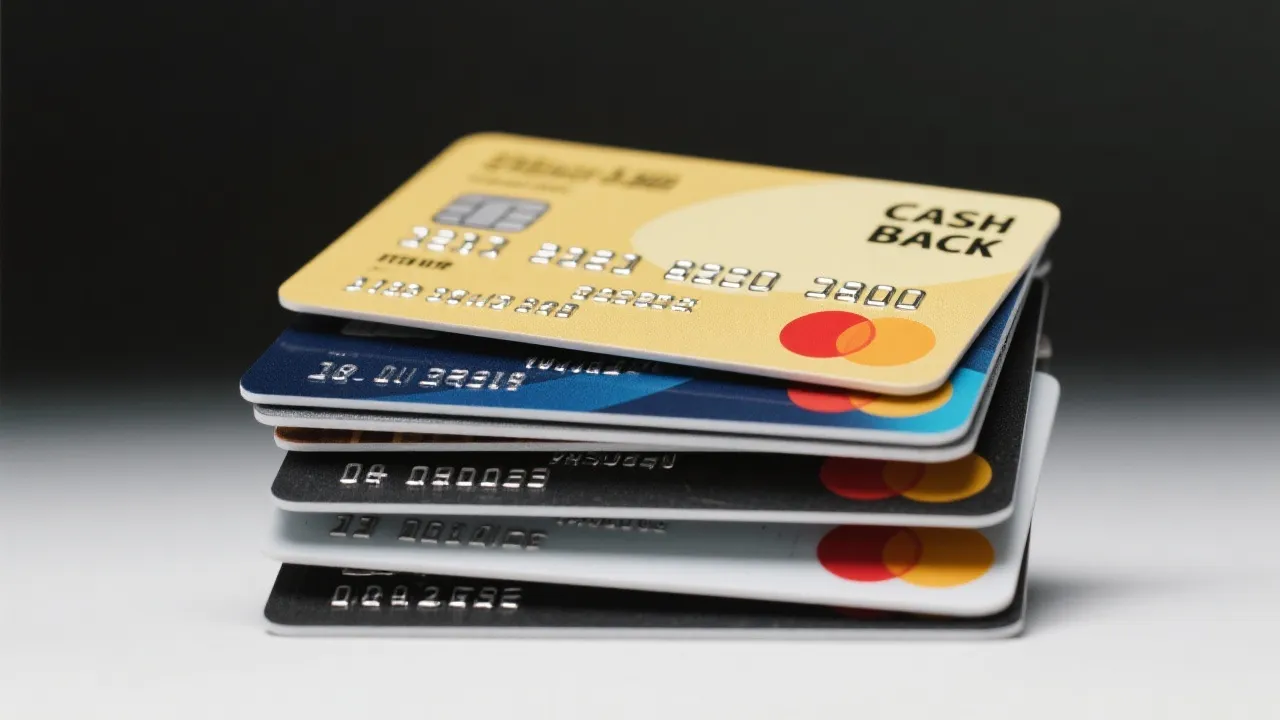Maximize Your Savings: Understanding CD Rates, Certificates of Deposit, and Interest
Navigating the world of Certificates of Deposit (CDs) can be rewarding. Learn how CD rates and interest can grow your savings.

Navigating the World of Certificates of Deposit (CDs)
Certificates of Deposit (CDs) can be a valuable addition to your savings strategy, offering a secure way to grow your funds over time. Here’s a comprehensive guide to understanding CDs, choosing the right one, and maximizing your returns.
What Are Certificates of Deposit (CDs)?
CDs are time deposits offered by banks and credit unions that provide a fixed interest rate for a specified term. When you invest in a CD, you commit to leaving a lump-sum deposit untouched for a predetermined period, which can range from a few months to several years. In exchange, the financial institution pays you interest, typically at a higher rate than a standard savings account.
Tips for Choosing the Right CD
- Align Terms with Financial Goals: CD terms can vary significantly. Short-term CDs (3-12 months) offer liquidity, while longer-term CDs (2-5 years) may provide higher interest rates.
- Minimum Deposit Requirements: Some CDs require a minimum deposit. Ensure you are comfortable tying up the specified amount for the duration of the CD term.
- Understand Early Withdrawal Penalties: Withdrawing money before the maturity date can incur penalties. Familiarize yourself with these fees to avoid unexpected costs.
The Importance of CD Rates
CD rates represent the interest paid on your deposited money. Higher rates lead to higher returns on your investment. Rates can vary widely between financial institutions and even among different CD products at the same bank.
How to Find the Top CD Rates
- Use Online Comparison Tools: Websites like Bankrate and NerdWallet provide current rates and reviews of various banks, making it easier to find competitive offers.
- Look for Promotional Rates: Some banks offer promotional rates for new accounts or larger deposits. Keep an eye out for these special offers to maximize your returns.
- Consider Local Institutions: Smaller, local banks and credit unions may offer more competitive CD rates than larger national banks.
Understanding Interest on CDs
Interest is the money earned on your deposit and is a crucial factor in determining the profitability of a CD. Interest can be compounded daily, monthly, or annually, with the frequency of compounding directly impacting your earnings.
Maximizing Interest Earnings
- Frequent Compounding: CDs with more frequent compounding intervals (daily or monthly) can yield more interest than those compounding annually.
- Reinvesting Interest: Some CDs allow you to reinvest the earned interest back into the CD, which can grow your principal and lead to higher overall returns.
- CD Laddering: This strategy involves spreading your investment across multiple CDs with different maturity dates, balancing liquidity and earning potential.
Tax Implications of CD Interest
Interest earned on CDs is considered taxable income and is subject to federal and, in some cases, state income taxes. Understanding these implications can help you make more informed investment decisions.
Tips for Managing Taxes on CDs
- Receive a 1099-INT Form: Ensure you receive this form from your bank at the end of the year and report the interest on your tax return accurately.
- Consider Tax-Advantaged Accounts: If possible, invest in CDs through tax-advantaged accounts like IRAs to defer taxes on interest earned.
- Consult a Tax Advisor: A tax professional can provide personalized advice to minimize the tax impact of your CD investments.
Conclusion
Certificates of Deposit (CDs) can be an excellent tool for growing your savings with minimal risk. By understanding CD rates, the impact of interest, and the associated tax implications, you can make informed decisions to optimize your returns. Start by comparing rates, choosing the right term, and considering the compounding frequency to make the most of your CD investments. Even in a low-interest environment, strategic use of CDs can enhance your financial portfolio.










